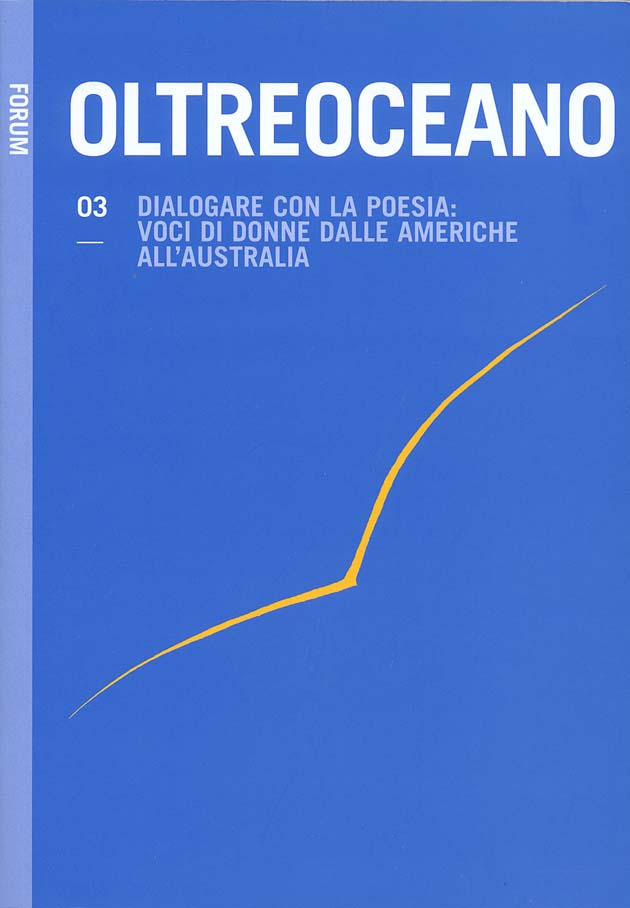No. 3 (2009): Dialoguing with Poetry: Women’s Voices from the Americas and Australia

The essays contained in this volume focus on women’s engagement with poetry, which, together with diary writing, was initially the only art form through which they could dialogue with themselves and the world. Poetry thus responds to their need to create an enchanted place where legends, folklore from the homeland, childhood games, and stories about fairies allow them to overcome inhibitions and self-censorship in a foreign country and to retrieve hidden emotions from the subconscious and the realm of irrationality. An essential feature in the works of contemporary female migrants is also the idea of poetry as a stimulus and emotional involvement, as truth, and as a universal form of expression and dialogue. Their need to voice their feelings and make the language of the soul universal has led them to experiment with new aesthetic forms, as witnessed in the section “The Voices of Poets”, which also sheds light on the many reasons that underlie their choice to embrace poetry and to transform tragic life experiences like emigration into aesthetic categories. Poetry, indeed, allows them to conquer solitude and turn it into that creative, interior space where they can imagine, think and feel alive. This section ultimately creates a constructive dialogue among the voices of different poets and allows us to both compare multiple points of view and identify key thematic cores linked to specific local traditions as well as writing processes in which poetic sensibilities and languages (Friulian, Italian, French, English and Spanish) mingle and complement each other so as to convey a truly universal idea of poetry.












